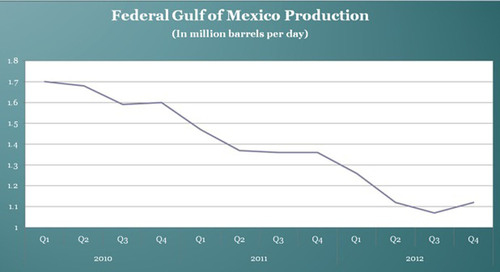| What is the need for a cell phone again? |
I recently stumbled across an advertisement for “Assurance Wireless,” a free cell phone service offered to eligible residents. This program offers a free cell phone, 250 minutes per month, and all the usual features of a cell phone (call waiting, caller ID, voicemail, etc).
For $5, the customer can double his or her minutes, and for $25, that person can gets 1,000 minutes and 1,000 texts.
Sounds like a pretty great deal. But using my common sense, I know someone is paying for this, and it isn’t Virgin Mobile (the provider of “Assurance Wireless”). A quick perusal through the fine print, and I see that the program is “supported by the federal Universal Service Fund program.” Oh, what a surprise, the federal government is involved.
Not satisfied, I decide to look a little further into this. A quick search brings me to the Wikipedia page for the Universal Service Fund. The page gives the following definition of the USF program:
The Universal Service Fund (USF) was created by the United States Federal Communications Commission (FCC) in 1997 to meet Congressional universal service goals as mandated by the Telecommunications Act of 1996. The 1996 Act states that all providers of telecommunications services should contribute to federal universal service in some equitable and nondiscriminatory manner; there should be specific, predictable, and sufficient Federal and State mechanisms to preserve and advance universal service; all schools, classrooms, health care providers, and libraries should, generally, have access to advanced telecommunications services; and finally, that the Federal-State Joint Board and the FCC should determine those other principles that, consistent with the 1996 Act, are necessary to protect the public interest. As of the first quarter of 2011, the USF fee, which changes quarterly, equals 15.5 percent of a telecom company's interstate and end-user revenues.[1]
Note that last sentence. A company must spend more than 15% of it’s revenue--not profit, but revenue--on this fund. I’ll refrain from using rhetoric and let you use your own mind to determine what exactly this is.
If you paid attention last month, Comcast’s purchase of NBC Universal resulted in their “requirement” to provide $10/month broadband Internet access to low-income families as well as a similar “free laptop” program for low-income families. I put “requirement” in quotations because while they weren’t forced to, it certainly wasn’t something that they would have put into a purchase of a company for shits and giggles. Admittedly, I originally thought it was another government over-step (if you want us to allow this deal, you have to do this). However, now that I’ve discovered the USF, I see that it was most likely just the program they put in place to adhere to the program’s federal requirements.
So the next time you wonder why your cell phone or cable bills go up, consider the possibility it’s more than just ”those greedy bastards.” First look at the breakdown of taxes and fees--most are federally required, and total at least an extra $10--and then, consider the USF. 15% of revenue--remember, not profit--is a lot (and certainly more than the cost of the “perks” enjoyed by corporate bigwigs). Chances are, you’re helping provide free cellphones, laptops and discounted broadband for others, even if you don’t want to.
It’s not the only reason you pay so much, but it’s certainly the sneakiest. And I guarantee most of you didn’t even have a clue it existed.
